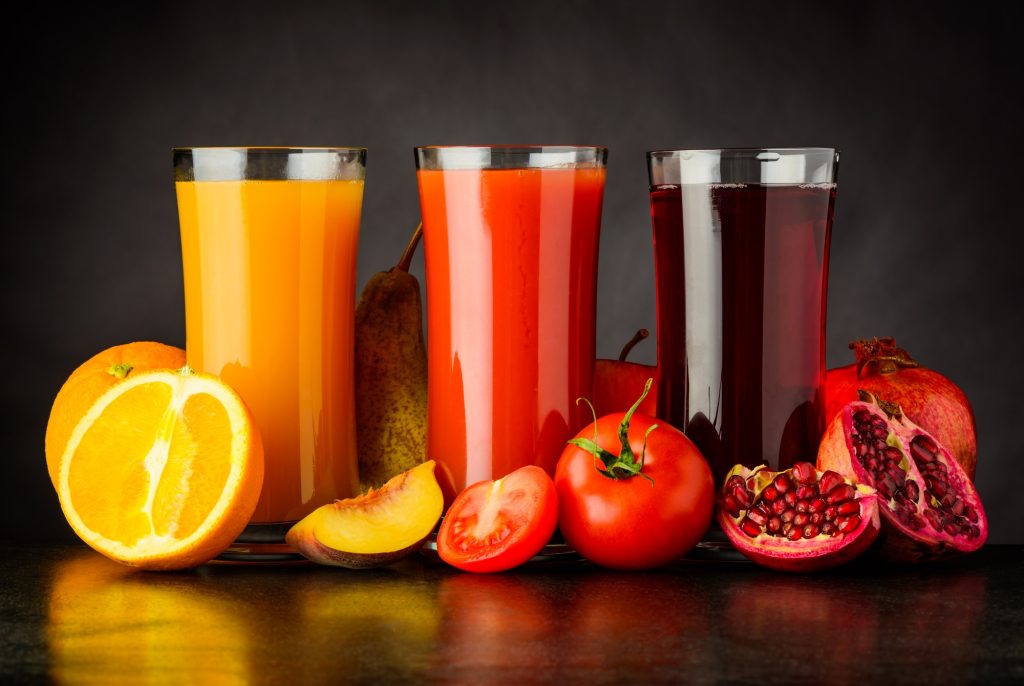When it comes to weight loss, the temptation to reach for a quick fix is strong. Fad diets are everywhere, promising rapid results with little effort—but most of them come at the cost of your long-term health. While some may help you shed pounds temporarily, they often lead to dehydration, nutrient deficiencies, and rapid weight regain.
What Is a Fad Diet?
A fad diet is typically any eating plan that promotes quick weight loss by eliminating food groups, relying on gimmicky products, or heavily restricting calories. These diets are not sustainable and often lack scientific backing. From juice cleanses to single-food regimens, they promise a shortcut to health that rarely delivers lasting results.
The Truth About Juice Cleanses
Juice cleanses are one of the most popular (and misleading) trends. These programs usually involve drinking only fruit and vegetable juices—or powders mixed into liquids—for several days. The marketing promises detoxification and weight loss, but what actually happens is dehydration and nutrient depletion. While you may lose a few pounds, it’s mostly water weight and not fat. More concerningly, this rapid loss can weaken your immune system and leave you feeling sluggish and unwell.

Crash Dieting and the Illusion of Fast Results
Some crash diets, like the infamous Twinkie diet or extreme low-calorie plans, can technically help you lose weight—but at a serious cost. These plans often reduce your intake to unsustainable levels, resulting in fatigue, muscle loss, and a slowed metabolism. You may shed weight quickly, but as soon as you resume normal eating, the pounds come back—often with interest.
Processed Foods and Long-Term Weight Gain
One major contributor to poor health and weight gain is the overconsumption of processed foods. These are often loaded with sugars, refined carbs, preservatives, and unhealthy fats. Diets built around frozen meals, fast food, and sugary snacks are low in nutrient density and lead to chronic cravings, inflammation, and energy crashes.
Making matters worse, many people attempt to reverse the damage with yet another fad diet, repeating a cycle of yo-yo dieting that does more harm than good.
The Better Alternative: Whole Foods and Protein
Instead of reaching for a miracle plan, the most effective way to lose weight and maintain good health is through sustainable habits. Focus on eating real, whole foods—lean proteins, vegetables, healthy fats, and complex carbs. Prioritize protein at each meal to preserve lean muscle mass and stabilize your appetite.
Unlike quick-fix diets, a whole-food-based approach supports your metabolism, encourages natural fat loss, and can be maintained for life. The results won’t be overnight, but they will be long-lasting.
Why Sustainable Change Works
Weight gain doesn’t happen overnight, and neither does true weight loss. But once you start eating healthier, you’ll begin to feel better—and that momentum becomes its own motivation. Small victories like improved energy, better sleep, and a few pounds lost make it easier to stay on track.
Whether your motivation is longevity, appearance, or avoiding medical issues, the answer remains the same: consistent healthy choices rooted in whole foods and regular exercise. No supplements or extreme plans required.
Video Summary
For a more in-depth discussion on harmful fad diets and sustainable alternatives, watch the video below.
To stay informed on health, nutrition, and long-term wellness strategies, subscribe to our YouTube channel here: https://www.youtube.com/@Vitality-and-Wellness



